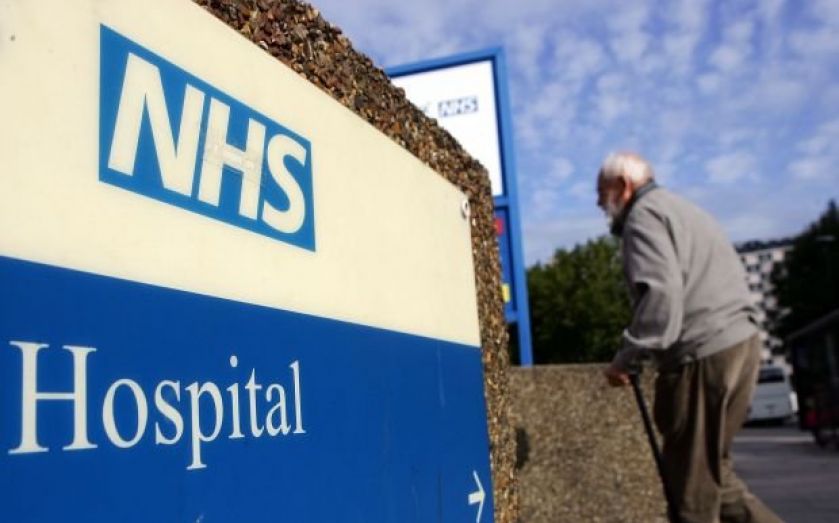| Updated:
NHS will face annual shortfall of £30bn without major services overhaul, health officials say

The NHS needs extra cash and an overhaul of its services if it is to avoid a £30bn annual shortfall over the next five years, according to senior health officials.
In a five year plan unveiled today, they said the next parliament would have to adopt measures such as introducing hospital services to GP practices, since the current budget of £100bn a year is not enough to meet costs.
The report – called the NHS Forward View – said the future of the health service depended on improved efficiency. It put forward a range of models to help achieve this, but said each local area had to decide which ones to adopt.
They added that the NHS would also need above-inflation rises of 1.5 per cent over the coming years.
Yet some shortfall seems unavoidable, since even if new and cheaper ways of working are implemented immediately, this would only save £22bn each year and leave £8bn unaccounted for.
The rising cost of good health
By comparing the state of the NHS today with how it was ten years ago, it is possible to see how significantly costs have risen. In 2013-2014, net expenditure for England's health service was £109.7bn, up from a comparatively small £64.2bn in 2003-2004.
Broken down by money spent per individual, there has been an increase of £692 from £1,287 in 2003-2004 to £1,979 in 2010-2011.
One of the main driving factors behind the increasing cost is an ageing population: according to figures from the Office for National Statistics, the number of people in England aged 60 or over is set to increase by around 50 per cent over the next 15 years.